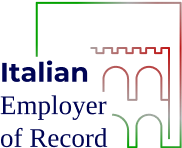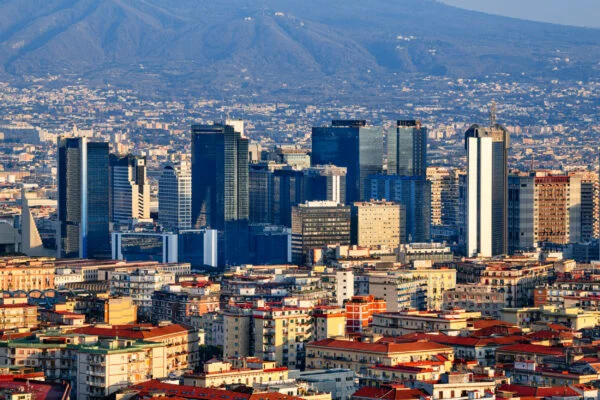9 July 2024
Expanding your team in Italy: understanding work visas
Expanding into the Italian business environment requires a thorough understanding of local regulations, especially regarding work visas. These elements are crucial for global teams aiming to grow. As a specialised Employer of Record in Italy, we possess in-depth knowledge of Italian work permits and local regulations. Grasping these details is essential for legal compliance and successful business operations when hiring new talent or expanding your business.
This article highlights the key points you need to know to integrate your workforce smoothly within Italy’s legal framework. We will explain the difference between visas and work permits, who needs a work permit, the types of work permits that might interest you, and the steps to get them.
Difference between visas and work permits
Generally, “work permit” and “work visa” are interchangeable in Italy. Your employee will need a relevant work visa to live and work in the country. This visa acts as a work permit and gives the holder the right to leave and enter Italy.
The requirements for obtaining a work visa vary depending on the country you are entering and the type of work you will be doing. In specific fields, proven experience, previous job reports, and even diploma validation may be necessary. Your country of origin will determine if a visa or work permit is required and what type is needed.
Who needs a work visa to work in Italy?
EU/EEA/Switzerland:
Citizens from EU/EEA countries and Switzerland can live and work in Italy without a visa. However, they must register for residence in Italy for stays exceeding 3 months.
Non-EU/EEA:
Non-EU/EEA citizens aiming to work in Italy must obtain a work visa. The first step is securing a “nulla osta” (no impediment) from the Italian Immigration Office (Sportello Unico per l’Immigrazione). Once the nulla osta is issued, you can apply for an Italian work visa.
For long-term employment, a residence permit is necessary. The type of residence permit required will depend on the nature of your job.
Additionally, before a non-EU citizen can be hired, job vacancies must be offered to Italian and EU citizens for at least 30 days. This requirement ensures that local and EU candidates are given priority in these vacancies.
Types of visas and work permits for non-EU members
Salaried work visa (Lavoro Subordinato)
To apply for a salaried work visa, it is mandatory to obtain a nulla osta (no impediment) issued by the Italian Immigration Office. Once you receive the nulla osta, you can apply for the visa with the required documents.
Self-Employment visa
Entrepreneurs, freelancers, high-level company executives, and artists can apply for a self-employment visa. Requests for self-employment visas are subject to annual quotas established by Italian law (Decreto Flussi). Required documents vary based on the nature of the self-employment.
Digital Nomad visa
Foreign citizens can request this visa intending to carry out highly qualified work activities in Italy, allowing for remote work through technological tools. The visa is valid for up to 365 days and requires proof of qualifications and employment.
Visa for remote workers
Foreign citizens can request this visa to perform highly qualified work activities remotely. It is valid for up to 365 days and requires the employer or client to have a registered office in Italy or abroad.
EU Blue Card
The EU Blue Card is a work permit for qualified workers with a job offer from an employer in Italy. Applicants must have a university degree of at least 3 years and meet the salary requirements.
Intra-Company Transfer Visa (ICT)
This visa allows foreign employees in managerial or specialised knowledge roles to be temporarily assigned to an Italian branch, subsidiary, or affiliate. The maximum duration is 3 years for managers and 1 year for trainees.
Business Visa
The Italian business visa is for employees travelling to meetings, meeting customers, or having visitation plans without physically working. It is intended for non-EU/EEA travellers and is valid for short stays of up to 90 days.

How to obtain a work visa
The application process for a work visa in Italy involves several steps, and both the employer and the employee have specific responsibilities.
1. Pre-Authorization: The Italian host company submits an online application (nulla osta) to the local authorities. Once received, employees can apply for a work visa at the Italian embassy in their home country.
2. Visa Application: The employee applies for a work visa at the Italian embassy or consulate in their home country.
3. Stay Permit: Upon arrival in Italy, employees must apply for a residence permit (Permesso di Soggiorno) within 8 days. They must also register for social security and Italian tax numbers.
4. Fingerprinting: After the Permesso di Soggiorno application, employees must visit the local police station for fingerprinting.
5. Residence Permit Collection: The police station will notify the applicant when the residence permit is ready for collection.
Why use an Employer of Record to hire in Italy?
Expanding your team to Italy is exciting, but navigating work permits can be challenging. The process is complex and varies by situation. This is where Italian Employer of Record can assist. As specialists in facilitating international expansion into Italy, we handle all the paperwork involved in hiring, ensuring all necessary steps are smoothly managed. Visit our hiring of a highly skilled migrant page for assistance.
We will set up payroll and benefits for your employees in Italy and handle all legal compliance aspects. Contact us today to begin your successful business expansion into Italy!



